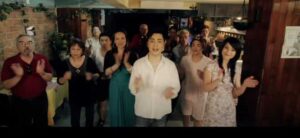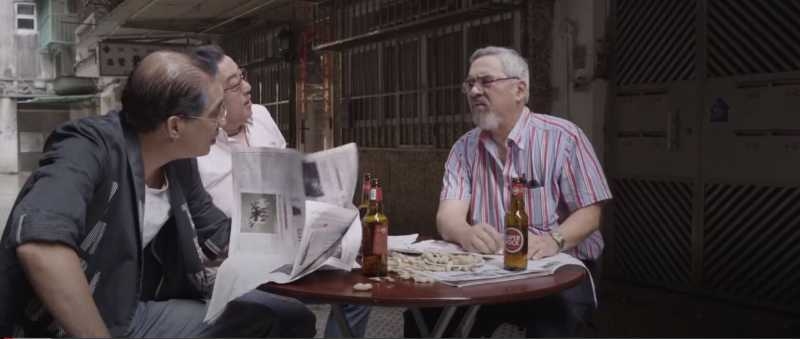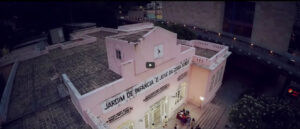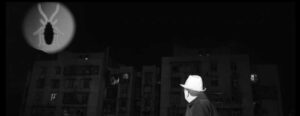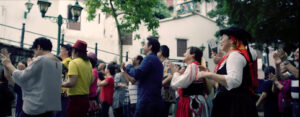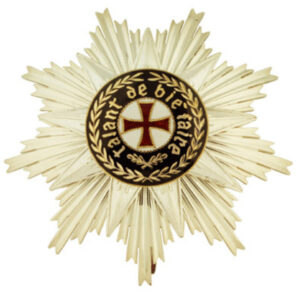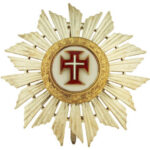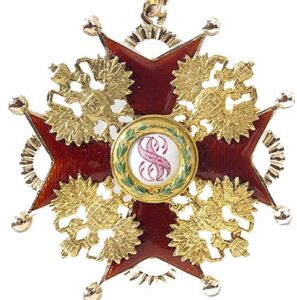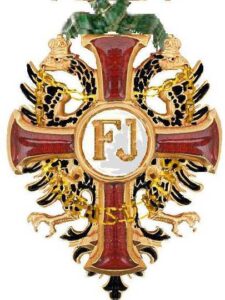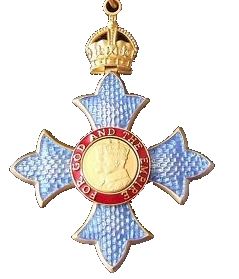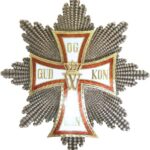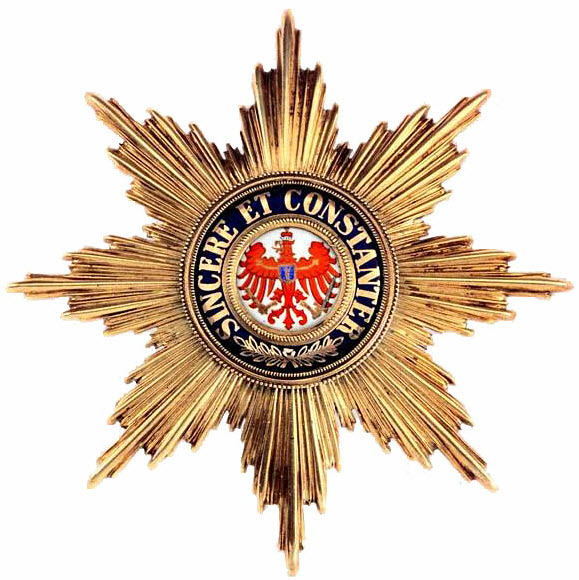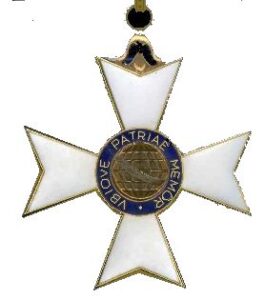ABOUT MACANESE CULTURE
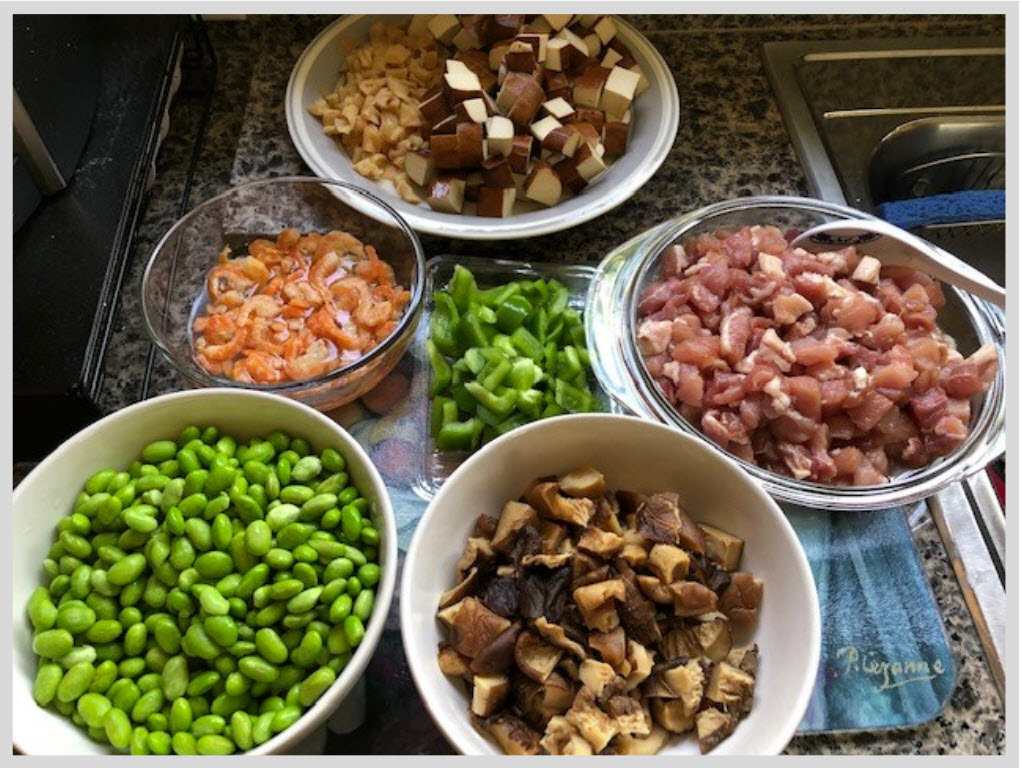
CUISINE
The cuisine of the Portuguese residents of Macau blended, in a unique fashion, ingredients and flavours from Portuguese settlements and trading-posts spanning half the globe – from Brazil, Mozambique, Goa and Malacca, of course from Portugal and China – and with traces from as far as Japan. We find hot chillies from Brazil, curries from India, coconut and strong shrimp flavours from Malaysia, the wide variety of dishes from China, and from the Mediterranean bacalhau (salted cod), olive oil and bay leaves. This is one of the oldest and arguably the most diverse fusion cuisines in the world.
The traffic has not been just one-way: the famous Chinese tahn taht (egg custard tartlets), available today in all Chinatowns, is derived from the Portuguese pasteis de nata and there is evidence that the Japanese tempura originated from the food eaten by Portuguese missionaries during times of fasting. The Macanese miço Cristam, a paste made from soy beans, appears similar to the Japanese miso.
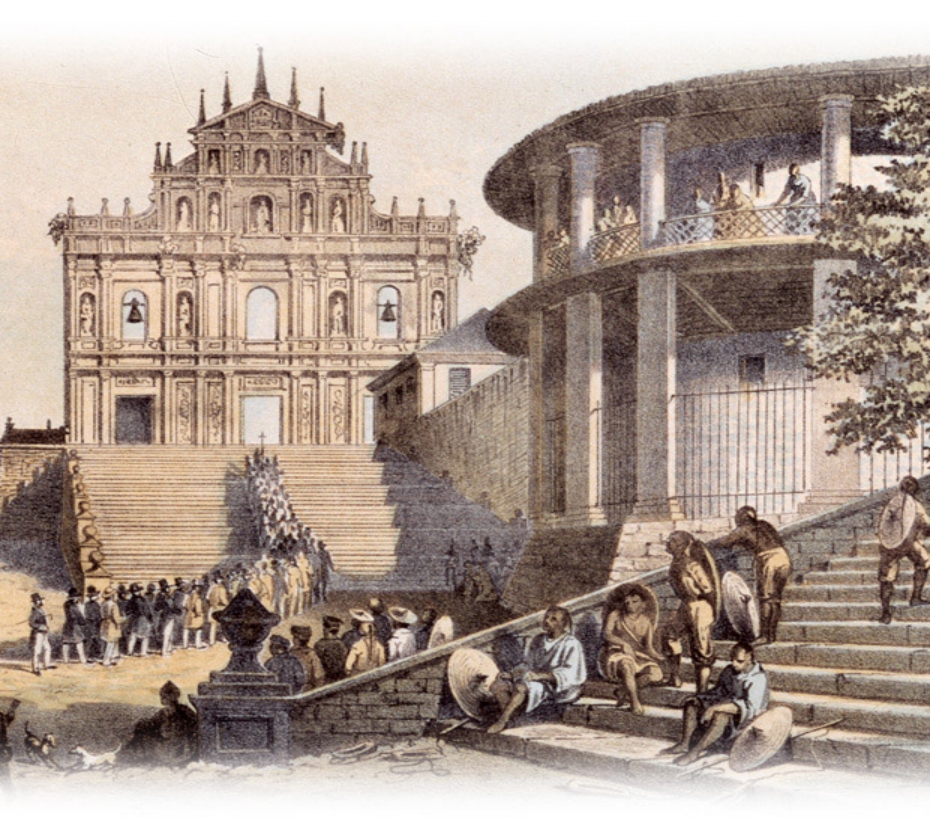
HISTORY
The Portuguese presence in Macau dates back to 1557, when Portugal established a trading post in Macau. Over time it evolved into a thriving European enclave. Over the centuries, the city became a melting pot of cultures, attracting merchants, missionaries from many parts of Europe and Asia. Strategically located at the mouth of the Pearl River Delta in China, Macau had for a time a virtual monopoly on trade with China and grew fabulously rich. Known as the “Pearl of the Orient” it became an attractive European haven in the Far East. The descendants of the Portuguese settlers in Macau, called Macanese (Macaense in Portuguese), developed their own culture, cuisine and language, strongly based on Portuguese but drawing on influences of the many nations all over the world influenced wherever Portugal had settlements.
Click HERE to visit the Macanese Library website and learn more about Macanese history, culture, art, architecture and music, with articles, anecdotes and e-books.
OLD DIALECT (PATUÁ)
Over four centuries, the Macanese evolved their own dialect (in Portuguese, patuá). Today that language is spoken by only a very small number of people and is in danger of total loss. Fortunately, dedicated workers have meticulously compiled the vocabulary and grammar. The entire lexicon, with audio recordings of authentic pronunciations, has been reproduced in the Macanese Library website. Here are some videos of plays in the Patuá.
Some of the medals awarded to Macanese, from 25 nations
HONOURS, AWARDS
Macanese (and their spouses and ancestors) have made numerous and varied contributions to their communities. Hundreds have been awarded high national honours by 25 countries and some were elevated to the peerage.
Lists have been made of such notable Macanese and also of their ancestors who were nobles. Some Macanese can even trace their ancestry to a king of Portugal.
To see a detailed list of the names of the hundreds who were nobles or who were awarded National Honours, click HERE.
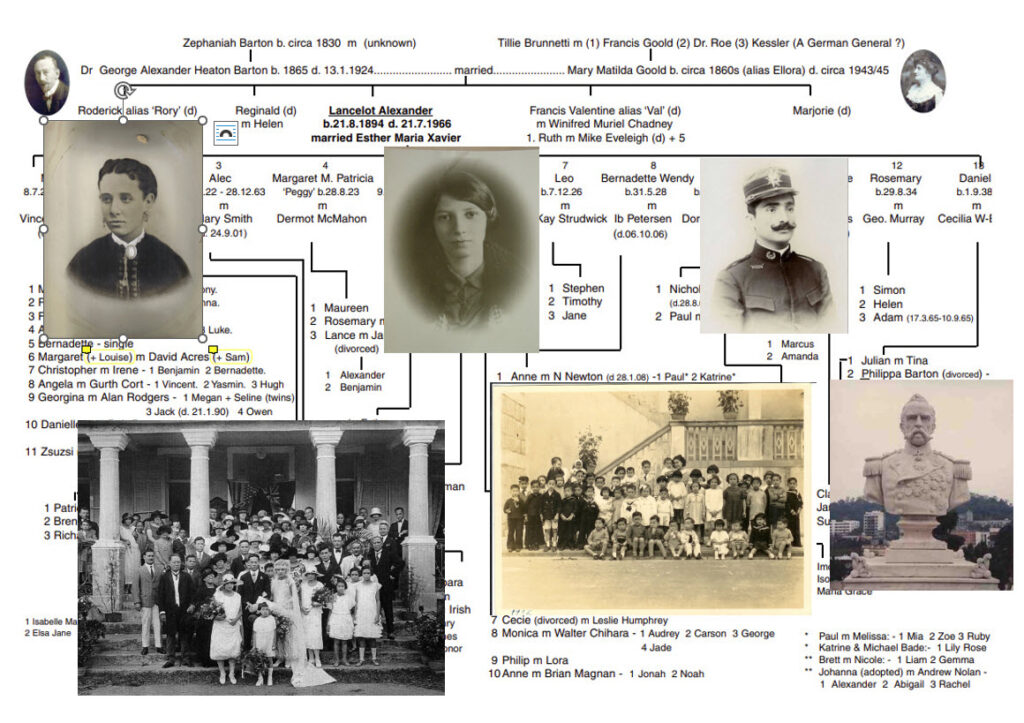
GENEALOGY (FAMILY TREES)
The family trees of Macanese, with over 60,000 names, has been compiled and loaded to the Macanese Families website. If you had a Portuguese ancestor born in Macau, there is a good chance that your family tree is also on the website. Access to it may be given to descendants of Macanese and their spouses. To register for that website, click HERE.

